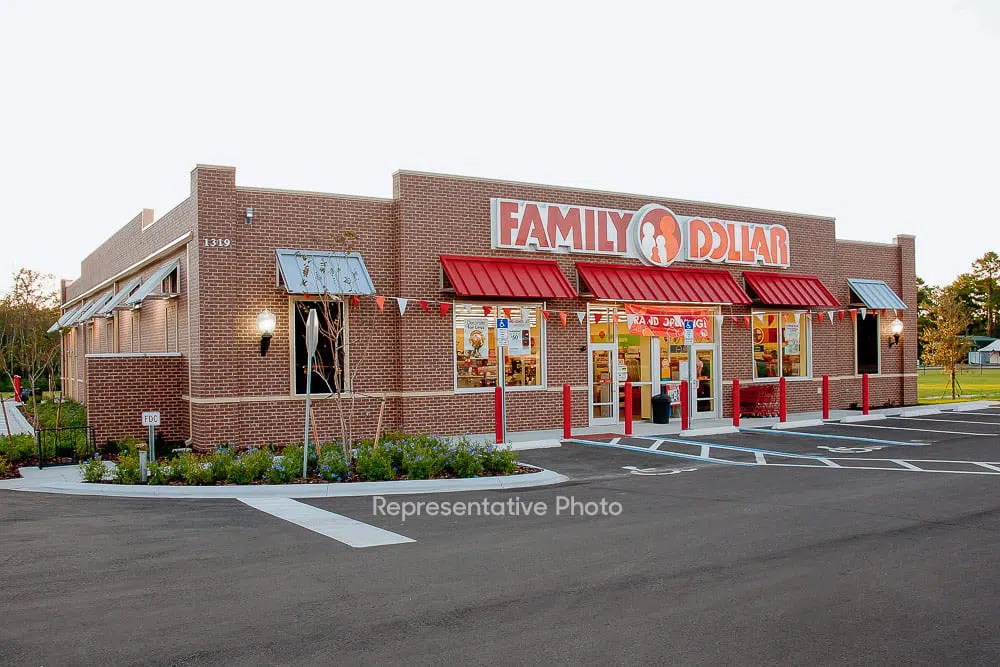1031 Exchange Investments
In addition to tax deferral, the most important component of a 1031 exchange is identifying and buying suitable replacement property. Property types that qualify for a 1031 exchange include office, apartments, retail, land, self-storage, residential rentals, hotels, senior care facilities, medical, restaurants, daycare, and educational, industrial, retail, and other business and investment properties. For example, you can sell land and acquire an office building, sell a four-plex and purchase land for development, or sell a warehouse and buy a single-tenant retail property; all of which are considered “like-kind” 1031 exchange properties. Get a list of properties by calling 1-800-USA-1031.
Find Your Ideal 1031 Exchange Property with Ease!
Are you navigating the complexities of a 1031 exchange and struggling to find the perfect replacement property? Look no further! Our expert team is here to guide you through every step of the process.
With our personalized approach and deep market insights, we’ll help you discover properties that align with your investment goals and comply with 1031 exchange requirements.
Benefits of Our Free Consultation:
- Tailored property recommendations to match your specific needs.
- In-depth analysis of potential investment properties.
- Guidance on 1031 exchange rules and timelines to ensure compliance.
- Strategies to maximize your investment and defer taxes.


TIC Properties
Get access to the largest selection of TIC properties in the country. Since 1997, we have assisted 1031 exchange clients invest in 3rd party TIC properties and since 2002, our affiliate established as one of the nation’s first TIC sponsors.
The tenant-in-common (TIC) form of ownership for real estate investment of 1031 exchange funds was present prior to 2002 but until the IRS’s release of Revenue Procedure 2002-22, TIC sponsors relied on legal opinion to defend the viability of TIC properties for exchange proceeds. Rev Proc changed all that. It provided guidelines clarifying the parameters required to qualify TIC interests as replacement property in a 1031 exchange. Subsequently, TIC investments quickly gained popularity among 1031 exchange investors seeking passive income.
With minimums as low as $50,000, investors (including non-accredited investors) were able to diversify into multiple TIC properties. TIC properties allowed 1031 exchangers to access commercial properties previously out of reach. Contact us today and let us provide you with exclusive access to the selection of TIC properties currently available for sale.




DST Properties
Get access to all the most favored DST properties! The Delaware Statutory Trust or “DST” is the one exception to the rule of exchanging from deeded interest in real property to a deeded interest in real property in order to qualify for a 1031 exchange. Instead, in a DST, exchangors acquire a beneficial ownership interest in a trust, which in turn owns the property or properties in the trust.
You own the trust and the trust owns the real estate. DSTs are the height of passivity. Owners of DSTs have absolutely no responsibilities. For exchangors that decide to invest their 1031 sale proceeds into a DST, the process is incredibly simple. The property (or properties) have already been acquired by the trust, appraisals have been obtained, the financing is already in place, title insurance has been paid for, closing costs have been paid, insurance has already been shopped and paid for, and the property management is in place.
After the investment, rental income is directly deposited into your checking account. Many DSTs have more than one property in a single DST, this diversification in a single investment is one of the main reasons they’ve become so popular.
NNN Properties
Our NNN property list is updated on a daily basis by a full-time team of 3. The list consists of many private or “pocket” listings that are not readily available on popular listing sites. Contact us to gain access to this list and allow our seasoned advisor to help you select the right property for your exchange.
A “triple-net” or “NNN” lease shifts the burden and operating expenses from landlord to tenant. The tenant is responsible for the payment of property tax, insurance premiums, utilities, maintenance, repairs, and upkeep. Lease lengths are typically between 5-20 years. All these factors have made NNN property a primary choice of investors seeking passive income. However, because of the higher barrier to entry (there aren’t many NNN properties with large, national tenants for under $1M), TICs and DSTs provide similar benefits.
Examples of single-tenant, corporate guaranteed (rent payments are a corporate obligation regardless of store performance or occupancy) triple-net lease properties include AutoZone, Dollar General, and Walgreens. Contact us today to learn more about our comprehensive selection of 1031 properties for sale.


With the financial crash of 2007-2008, the number of exchanges diminished and most TIC sponsors either went out of business or turned their attention elsewhere. With the resurgence of 1031 exchanges in recent years, the need for diversification, security, and passive income has motivated real estate companies to offer replacement property to 1031 exchangers. Instead of utilizing the pre-crash TIC form of ownership, sponsors have chosen the Delaware Statutory Trust (DST) structure, which provides similar benefits to TICs.
DST replacement property has many advantages to consider, but DSTs are only available to accredited investors (high net worth or annual income), while our TIC properties are available to non-accredited investors seeking secure monthly income without the ongoing management hassle or expense.